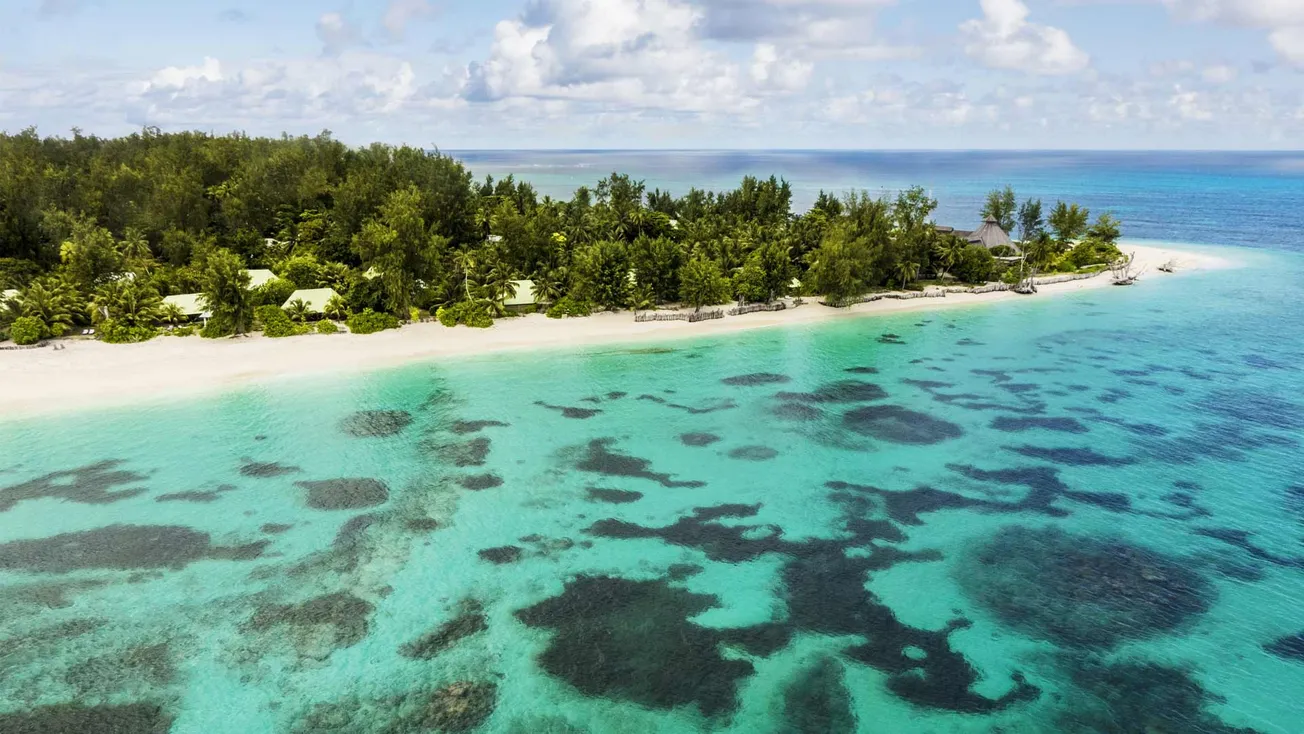Table of Contents
The list of failed climate predictions is nearly 130 years old, and just keeps growing by the day.
From the New York Times’ 1895 claim that Geologists Think the World May Be Frozen Up Again, to the Royal Meteorological Society’s 1938 claim that global warming “is likely to prove beneficial to mankind”. By the 1970s, Ice Age was back in vogue, with the NYT (of course!) predicting “mass deaths by starvation, and probably anarchy and violence” thanks to “global cooling”. Within seven years, though, the NYT was back on the warming “of an almost unprecedented magnitude” bandwagon.
England would “not exist in the year 2000”, and the Arctic would be gone “within a decade or two” of 1969. Or was that by 2014, as Al Gore predicted?
Not to be outdone, Swedish doom goblin Greta Thunberg predicted that humanity would be wiped out by 2023.
Hello? Is there anyone out there reading this? Was Greta wrong?
Of course, she was. The Climate Cultists are always wrong.
About sea level wiping out entire islands, too.
An amount of land equivalent to the Isle of Wight has been added to the shorelines of 13,000 islands around the world in just the last 20 years. This fascinating fact of a 369.67 square kilometre increase has recently been discovered by a group of Chinese scientists analysing both surface and satellite records. Overall, land was lost during the 1990s, but the scientists found that in the study period of three decades to 2020 there was a net increase of 157.21 km2.
The Daily Sceptic
Of course, a small number of islands are losing land, but the vast majority are either static or growing. Even the supposed poster child of sea level rise, Tuvalu.
In the four decades to 2014, Tuvalu’s total land area grew by 73 hectares, or 2.9 per cent.
The expert behind this research told Fact Check the nation’s islands were continually adjusting, and that the new land was habitable.
Of course, the Cultists at the ABC can’t let that go without having yet another stab at the debunked scare story.
But that’s not to say Pacific nations are not at risk from rising seas.
ABC Australia
But are they, really?
The scientists said their data suggested that sea-level rise has not been a widespread cause of erosion for island shorelines in the studied regions.
Not to be outdone in the hysterical lying stakes, the Guardian is still claiming that Tuvalu is disappearing, even while the ABC grits its teeth and admits that it isn’t.
The Guardian was in fine form last June stating that rising oceans will extinguish more than land. “It will kill entire languages,” it added, noting the effect on Pacific islands such as Tuvalu. Those areas of the Earth that were most hospitable to people and languages are now becoming the “least hospitable”.
Silly emotional Guardianista guff of course, but happily it does not seem to apply to Tuvalu. A recent study found that the 101 islands of Tuvalu had grown in land mass by 2.9%. The scientists observed that despite rising sea levels, many shorelines in Tuvalu and neighbouring Pacific atolls have maintained relative stability, “without significant alteration”. A comprehensive re-examination of data on 30 Pacific and Indian Ocean atolls with 709 islands found that none of them had lost any land. Furthermore, the scientists added, there are data that indicate 47 reef islands expanded in size or remained stable over the last 50 years, “despite experiencing a rate of sea-level rise that exceeds the global average”.
But, but… the Maldives!
As it happens, the Maldives is one of a number of areas that have seen recent increases in land mass. Other areas include the Indonesian Archipelago, islands along the Indochinese Peninsula coast, and islands in the Red and Mediterranean Seas. Notably, the coastal waters of the Indochinese Peninsula had the most substantial gain, with an increase of 106.28 km2 over the 30-year period. Of the 13,000 islands examined, the researchers found that only around 12% had experienced a significant shoreline shift, with almost equal numbers experiencing either landward (loss) or seaward (gain) movement.
The Daily Sceptic
That hasn’t, of course, stopped the governments of both Tuvalu and the Maldives from holding out the begging bowl and demanding “climate reparations”.
It’s almost as if it was only ever about the gibsmedat, all along.









